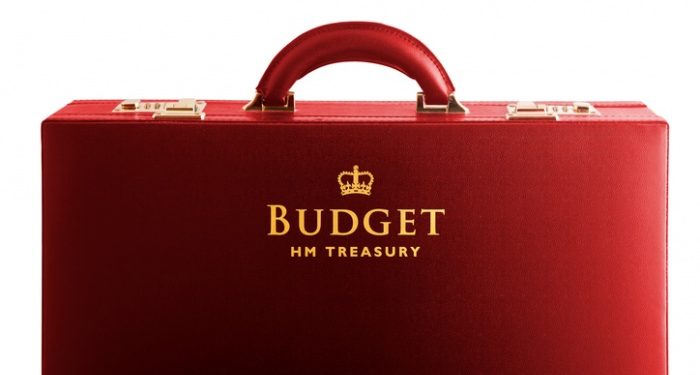The Bank of England has taken unexpected action to address the widespread sell-off in gilt markets, which has caused gilt yields to surge.
It has announced it will now buy unlimited quantities of long-term debt in a bid to prevent further turmoil in these markets.
Announcing this surprise and potentially huge intervention, the bank said it was in response to market turmoil which was a “material risk to financial stability” after last week’s mini budget.
This intervention is similar to the quantitative easy programme which saw vast amount of money pumped intro the economy in the wake of the financial crash.
The decision was made by the Bank’s Financial Policy Committee, and comes just as its Monetary Policy Committee had been poised to start selling this government debt next week. This has now been delayed as a result of this intervention.
This action has helped stabilise the sell off in gilt markets, although it has caused the pound to slump further against the dollar.
Commenting on this action, Aegon Asset Management, head of ratesSandra Holdsworth says: “The Bank of England stepped in today to stop the gilt market from entering a vicious spiral. Selling in both the conventional and index-linked gilt market has been intense in recent days. This has led to a huge demand for cash to support derivative structures popular amongst pension funds.
“As a result at a meeting of the Bank of England’s Financial Policy Committee the Bank has noted the risks to UK financial stability from dysfunction in the gilt market and has taken action by announcing temporary and targeted purchases in the gilt market to start immediately.
“The Bank of England has stressed that this operation is purely as a result of market dysfunction and the potential risks to financial stability not a monetary policy decision.
“However the planned reduction of the balance sheet that was due to start in earlier October has been postponed to the end of the month.”
Hargreaves Lansdown senior investment and markets analyst Susannah Streeter adds that the BoE was now pursing “a topsy turvy set of policies” by unleashing a fresh bond buying spree to try and bring down punishing rates – while at the same time still signalling it will aggressively hike interest rates to try and rein in runaway inflation.
“This shows what a bind the bank is currently in. It knows ultra-high bond yields will cause a ricochet of problems for companies and consumers and potentially cause instability in the housing market but it’s also very worried that the tax cutting spree will could cause inflation to rise to dangerous levels.
“The move that bank officials have made to step in now, just two days after it indicated it would wait until November, smacks of a bit of panic and also of frustration that the government appears to be digging in its heels, reluctant to perform a political U-turn.
“Instead, the Bank of England has been forced to pursue a monetary U-turn, an abrupt change of policy as the Bank’s monetary policy committee had been pursuing a policy of selling down the Bank’s bond holdings.”
Quilter portfolio manager Stuart Clark added that the BoE has been “trying to slow down all the plates spinning in the air without letting any fall and the Treasury during the “mini-budget” on Friday threw a bunch of marbles onto the floor to make it more challenging.”
He adds: “By instigating targeted, controlled and (apparently) time limited intervention the BoE will try to support the economy in order to avoid a more expensive bailout if conditions continue to materially deteriorate while maintaining independence.
“Above all we need to see the government regain credibility with domestic and international investors and explain how they plan to pay for these tax cuts other than just through borrowing.”
The post BoE takes action to address mini Budget market turmoil appeared first on Corporate Adviser.



